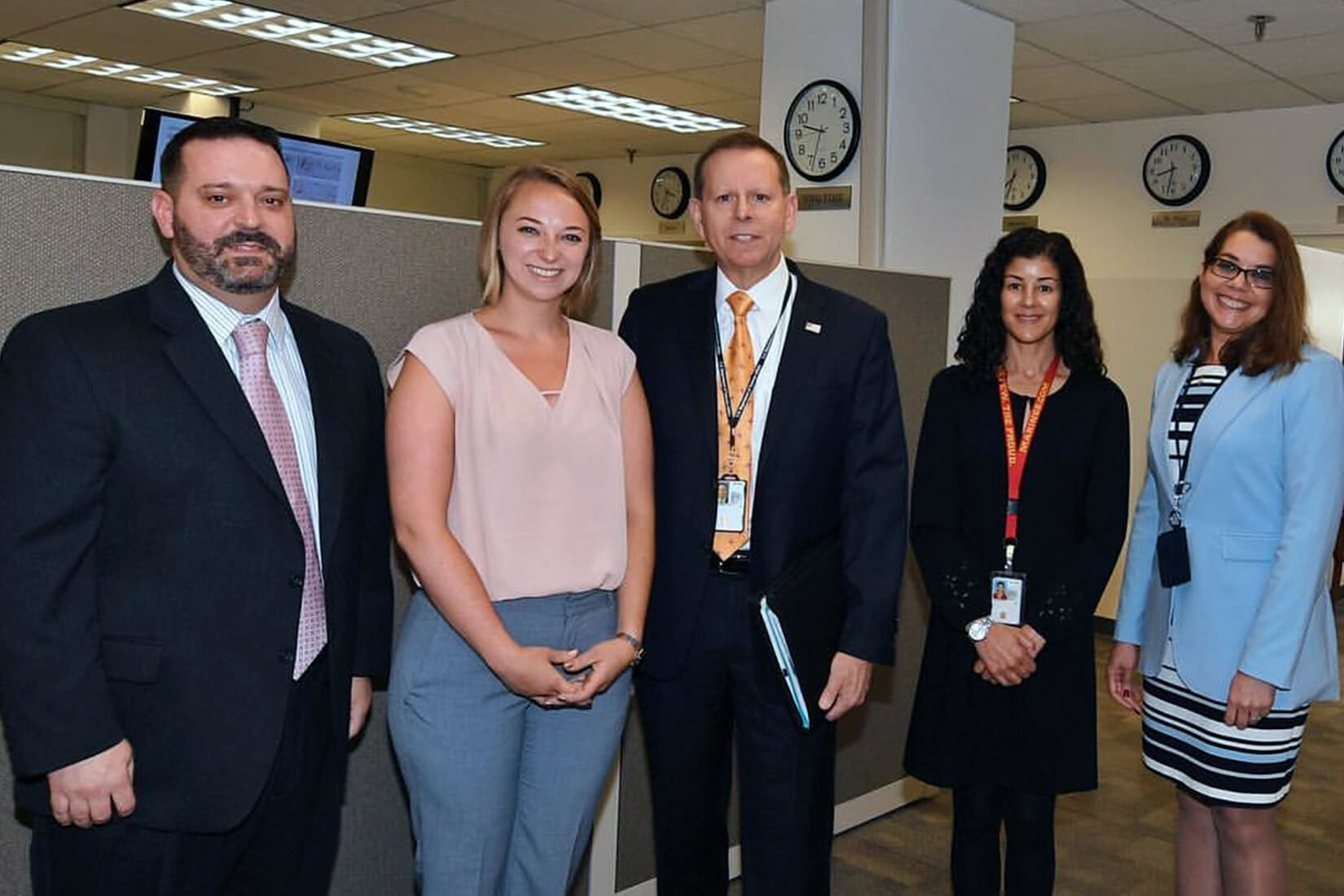
WASHINGTON—VA remains on track for implementing its new disability appeals system by the February 2019 deadline, VA officials told lawmakers at a recent hearing.
“We have a strong team in place with a well-thought-out plan for implementation and beyond,” explained said Paul Lawrence, the VA’s undersecretary for benefits.
Lawrence made his comments at a hearing where lawmakers questioned whether VA would make the deadline to implement appeals reform passed in the Veterans Appeals Improvement and Modernization Act of 2017. The law is designed to give veterans more options to have their claims appeals reviewed and to speed up the handling of their claims.
It was the second hearing held this year on the subject by the House Committee on Veterans’ Affairs. Chairman Phil Roe, MD, (R-TN) said his committee will “hold as many hearing as we need to ensure that VA effectively implements the law.”
“After hearing horror stories of veterans who had been waiting five, six years or even longer for a final decision on their claims, The Veterans Appeals Improvement and Modernization Act of 2017 gave veterans hope that a modern appeals system could improve appeals processing,” he said.
Roe also said that VA needs to understand that the committee “not only expects the department to successfully roll out the new appeals system, but to also reduce the current appeals backlog.
“Right now, VA has a backlog of almost 430,000 pending appeals—with many veterans waiting six years or longer just for a final decision on their claim for benefits. That is unacceptable,” he pointed out.
Lawrence, who heads the Veterans Benefits Administration (VBA), told lawmakers that the agency is learning from its Rapid Appeals Modernization Program (RAMP), a pilot program authorized by law to test the system. Under that pilot, veterans are given the option of choosing between the two new lanes.
At the previous hearing this year, lawmakers were lamenting that only about 3% of invited veterans had chosen to participate in the pilot. That has since increased to more than 13%, according to Lawrence, who emphasized that more than 31,000 veterans had opted to use RAMP, as of July.
“VA is processing RAMP claims in an average of 84, days well below the average processing goal of 125 days. RAMP is providing valuable insights into staff composition, workload management, successful methods of outreach and identification of quality errors,” he added.
Lawmakers expressed concern that participation in the pilot program is not higher.
“The RAMP program is crucial to successful implementation of the appeals process by giving you and us information and feedback about how it is proceeding, but we are all concerned that we only have a 13% intake based on the outreach,” Rep. Elizabeth Etsy (D-CT) noted.
Increasing Awareness
Lawrence responded that VA is striving to increase awareness about RAMP and is communicating to veterans’ service organizations about RAMP’s speed of processing and grant rate so that those groups can share that information with veterans as an option.
“I think broadly [participation] began low and, had it stayed low, that would have been a real knock on VBA, but the fact that we began to think about why this was and take more outreach steps and communicate more … I am very positive about what RAMP is going to give us,” he said.
Also testifying was Elizabeth Curda, director the Government Accountability Office (GAO)’s Education, Workforce and Income Security team. She updated lawmakers on GAO’s assessment of VA’s implementation plans.
GAO issued a report earlier this year finding that VA’s appeals implementation plan needed improvement and did not provide complete information. Since then, Curda said that VA has taken some actions on elements that were not fully addressed but noted, that until VA’s appeals plan provides complete information on all required elements, Congress may not have the information needed to conduct oversight of the agency’s efforts.
For example, GAO found that VA has not established complete and balanced goals and measures or developed a plan for comparing the new and legacy processes.
“Without fully addressing our recommendations, the plan continues to have shortcomings, such as that we cannot be certain that implementation will go smoothly or that VA will know if the system is performing any better than the system it is replacing,” Curda said.
Rep. Julia Brownley (D-CA) and other lawmakers expressed concerns that GAO found that performance measures and goals were lacking for the implementation plan.
“It seems to me that we are sort of putting the cart before the horse here,” Brownley said of VA’s efforts.
VBA Appeals Management Office Director David McLenachen assured lawmakers that their next progress update was due in August and would have additional details that would address GAO’s concerns.
